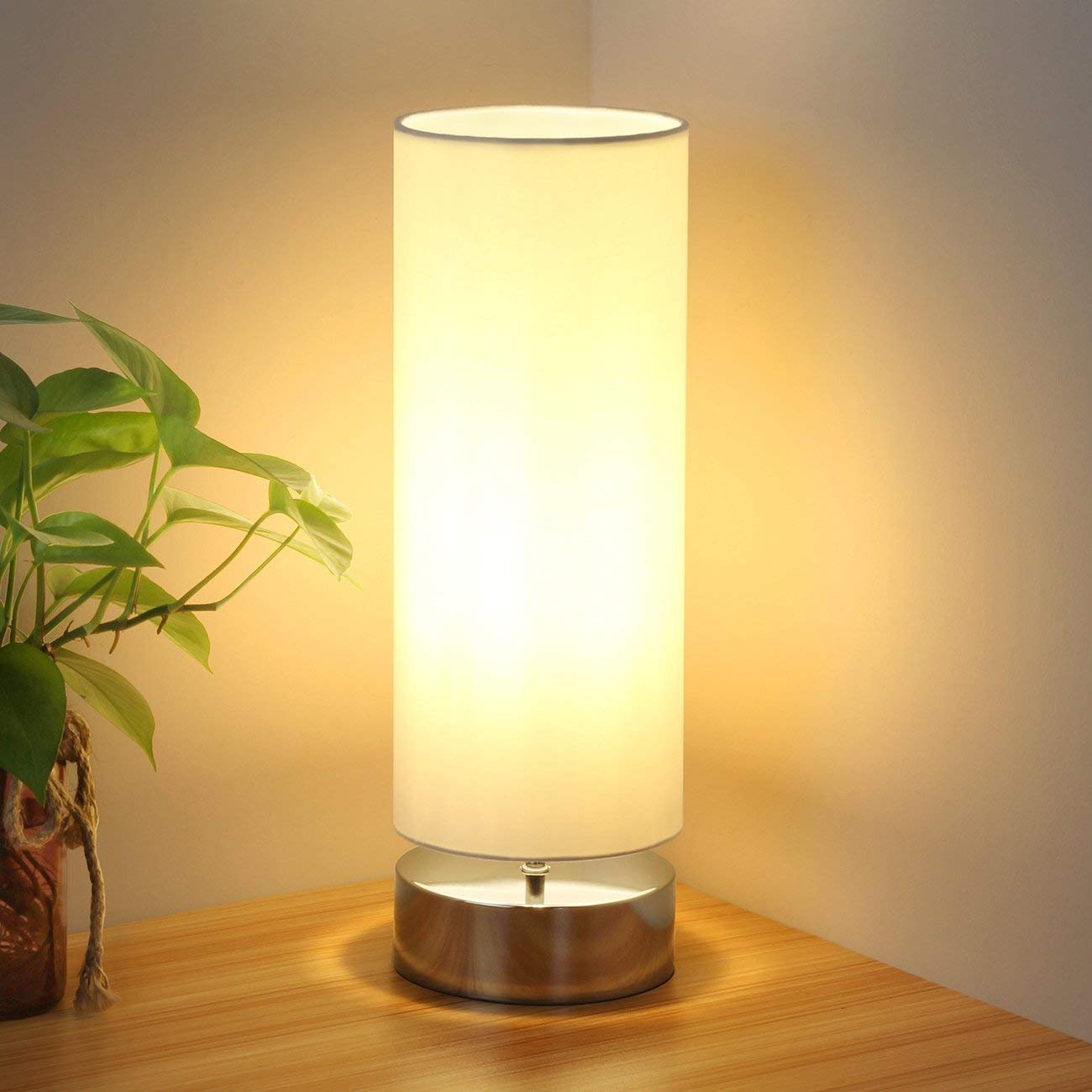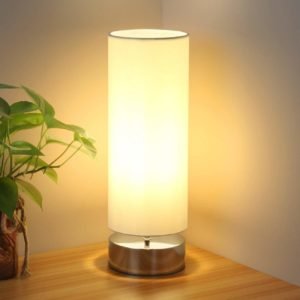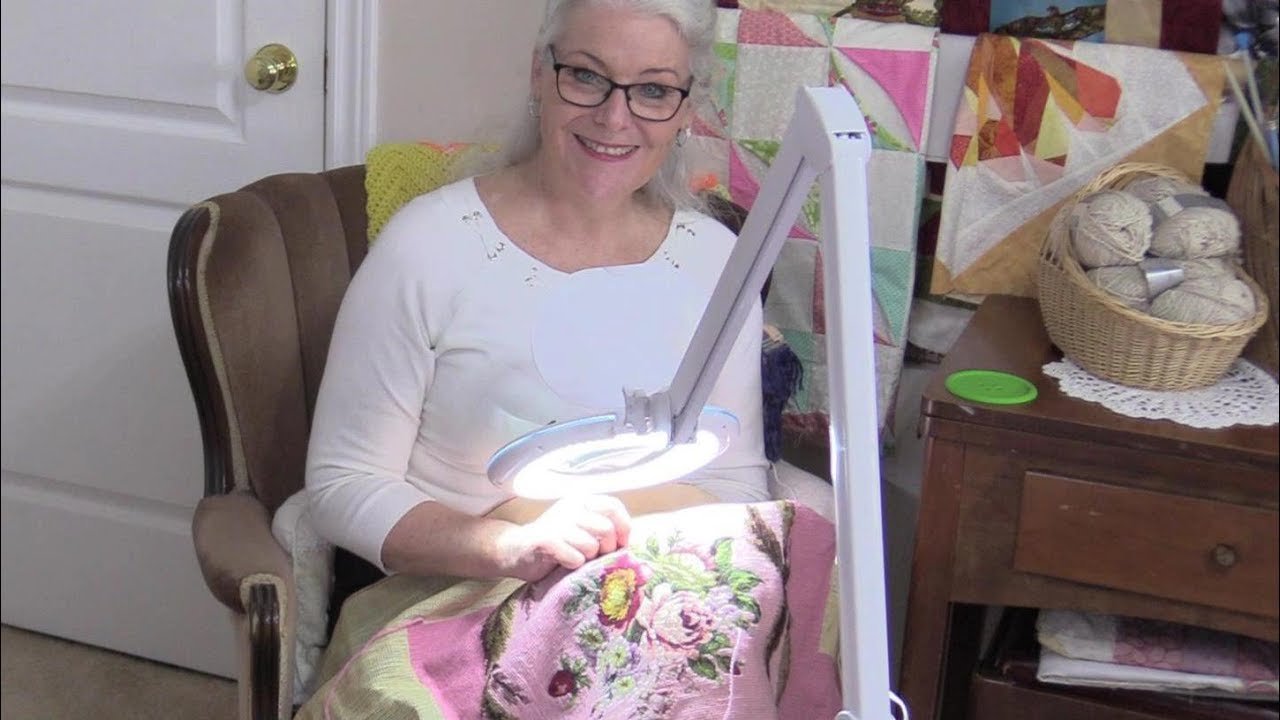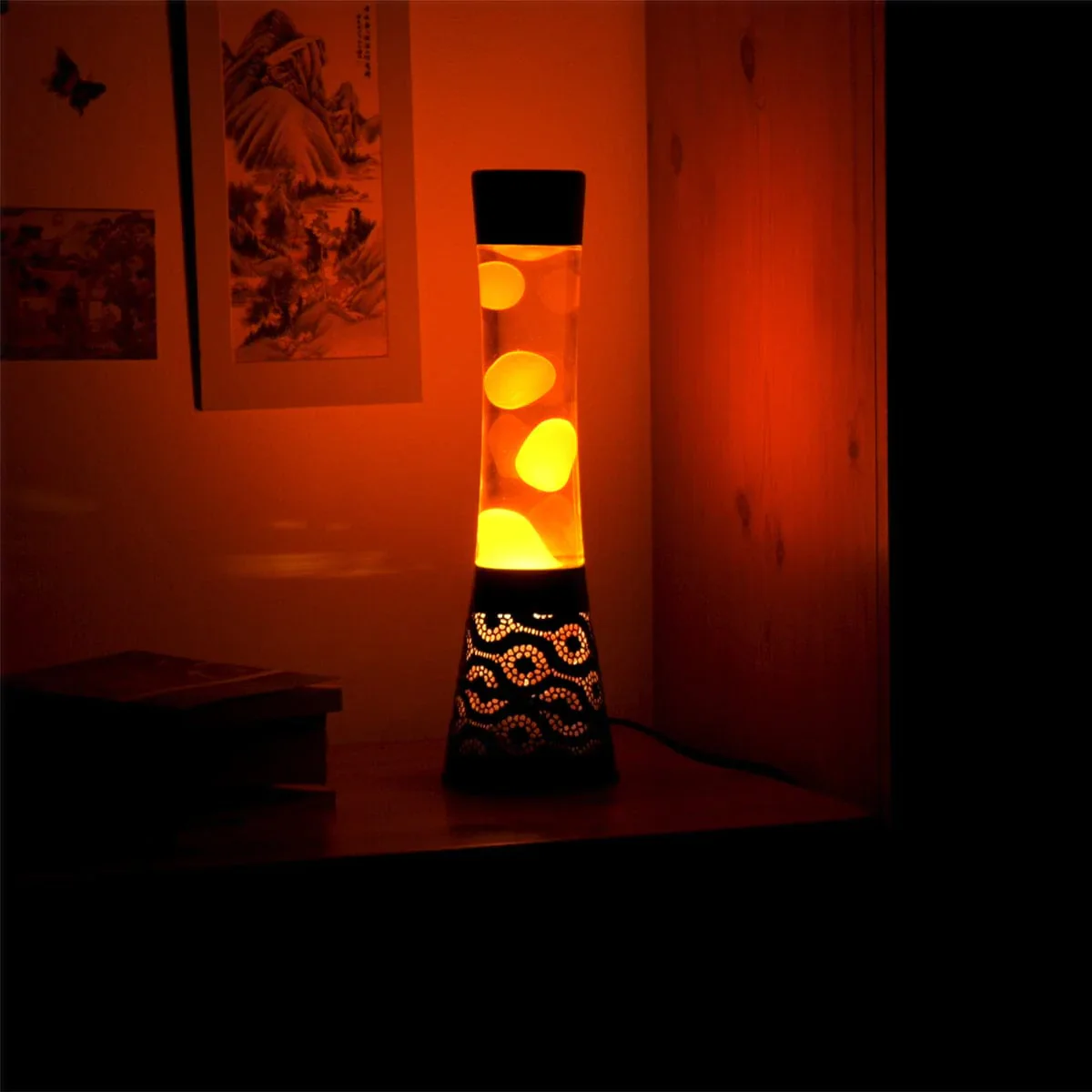Task lighting is a light by which you do work. This can be the lighting installed under the overhead cabinets in the kitchen, inside the closet, or on either side of the mirror for applying makeup and shaving.
Decorative lighting is what we all grew up with and know. This includes the chandelier over the dining room table or in the entry, as well as table lamps and floor lamps. If these are too bright, then they visually overpower space.
We want to create the illusion that this is where the light is coming from, while in reality it is hidden light sources that are doing most of the work. I like to think of decorative lighting as architectural jewelry.
Accent lighting is used to highlight objects in space, such as art, sculpture, tabletops, and plantings. It adds dimension and drama to a space, but if it is the only source of illumination then you create what is called the museum effect, where what you own appears to be more important than family and friends.
Ambient lighting is the most important element, yet it is often left out of the job completely. This is indirect lighting that is bounced off of the ceiling to create a warm and inviting environment, while softening the shadows on people’s faces. Like the other types of lighting, if used by itself it creates what I call the cloudy-day effect, where everything is illuminated in a flat, even light.
It is when you successfully layer these different types of lighting together that you create drama for the living room. Now you don’t want it to be dramatic all the time, there are occasions when you want usable light for working or preparing meals. A really good lighting design is flexible, offering various levels of illumination to meet a particular need.
Here at Apartment Therapy we’re big fans of considered lighting, and the way doing it right can completely change the look and feel of a space. It’s particularly important in the living room, where we often spend quite a bit of time. However it’s a tricky space to strike the right lighting balance, thanks to the many different functions the living room serves. Read on for some tips:
The first step when lighting any room is to ask yourself: what happens here? Different activities require different types and levels of light. A well-lit living room will have three different types of lighting: general, task and accent. These are used at different times of day and for different purposes, and key to a functional lighting scheme it to know how and when to mix and use them.
Generally, lighting function falls in one of three categories: ambient, task, and accent.
General or Ambient Lighting acts as the overall lighting of a room. It illuminates all of the room and is considered the room’s “natural light”. You might use a chandelier, pendant light, track lighting or wall sconces to create ambient light that fills the room. More at https://www.brandreviewly.com/the-best-table-lamp-for-your-living-room-a-buyers-guide/.
Task Lighting lights up a work or reading area. You want this lighting to be brighter than your ambient lighting, so the contrast focuses the light in the specified area. Desk lamps and under-cabinet kitchen lights are common task lighting options. But pendants and track lighting can be used for task lighting, too, but it depends on how you layer the lighting in your room, and how bright your bulbs are (which we’ll cover in a bit).
Accent Lighting highlights a particular area, like a work of art or a bookcase. It usually creates shadow around the object for a dramatic effect. Wall lights and landscape lights are common accent lights.
Finally, your living room with stunning table lamps has done. Believe me that the table lamp would give you best table lamp for living room ever. Don’t try too hard and good luck!











